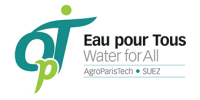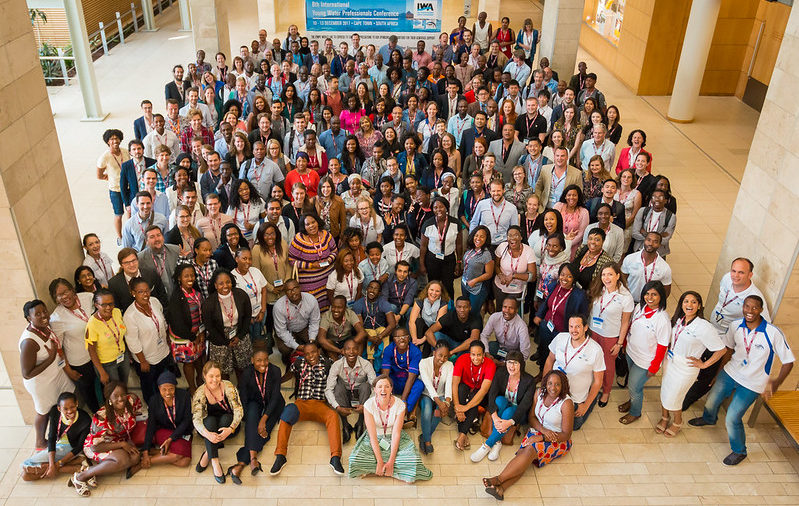How young water professionals view the future of WASH
………. Universal access to water and sanitation still presents many challenges, especially in middle- and low-income countries
Having lived in Afghanistan and Canada, Farokh compared her experience in both countries, saying that nowadays many people in the world still face sanitation and hygiene problems, especially in low- and middle-income counties. She believes that access to clean water, sanitation and hygiene is a human right and thinks that more needs to be done to widen access. Farokh believes that services tailored around the needs of women and children must be prioritised, since they are the most vulnerable group affected by WASH challenges.
Chataigne talked about the situation of WASH in the Democratic Republic of Congo and Kenya. Despite governments making big efforts to supply clean water, many people still cannot access enough clean water, and water-borne disease is a frequent issue which happens especially in rural areas. Ana also warned that failing to provide safe drinking water, sanitation and hygiene services contributes to spreading diseases. She highlighted that WASH is the most important human right and access to clean water should be guaranteed by the regulation of public services.
Jacob talked about the situation of WASH in Ghana, where safe drinking water is often associated with exorbitant costs for a low-income country. He believes that it is very regrettable that due to insufficient financial resources, access to clean water is scarcely granted or not granted at all. Political action, and more financial resources are required to step up efforts in the provision of safe drinking water for all, everywhere.
Innovative technologies for WASH
The incorporation of new technologies is the ideal solution for many WASH issues, however finances remain the biggest problem. Jacob shared his experience on introducing a micro-flush toilet water system in his community, …….






